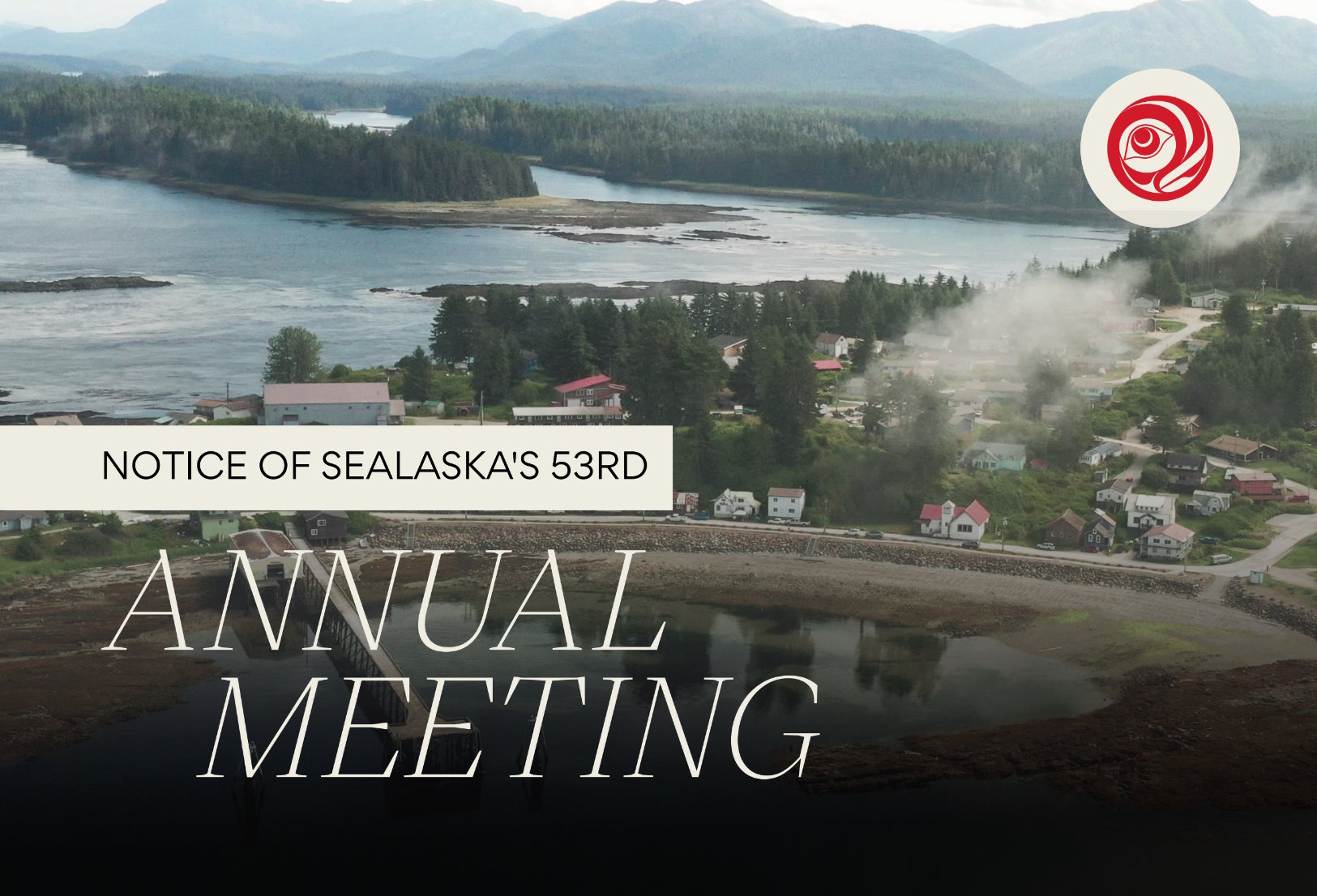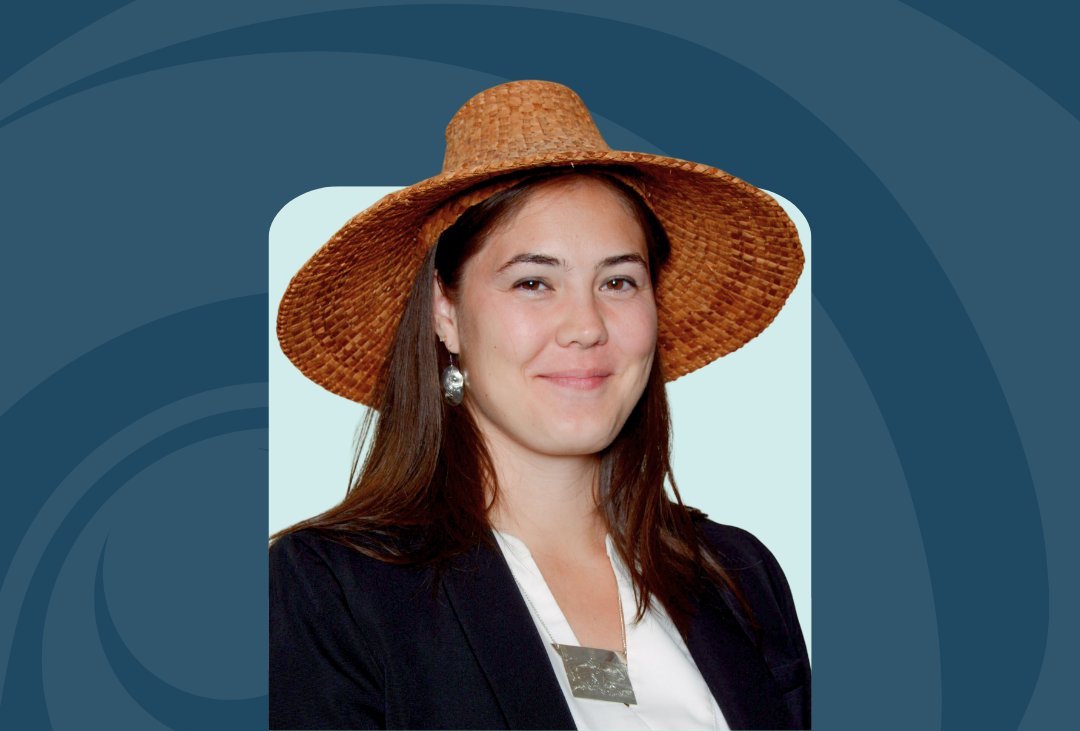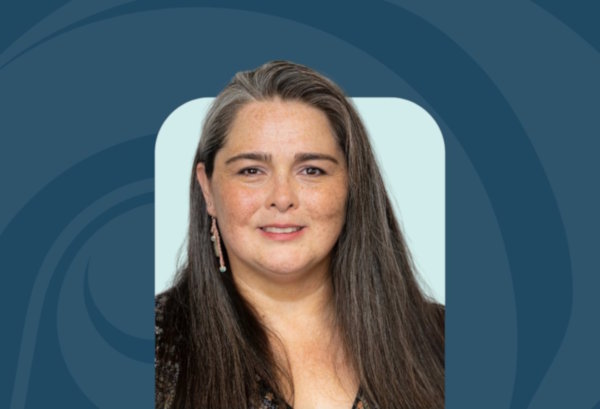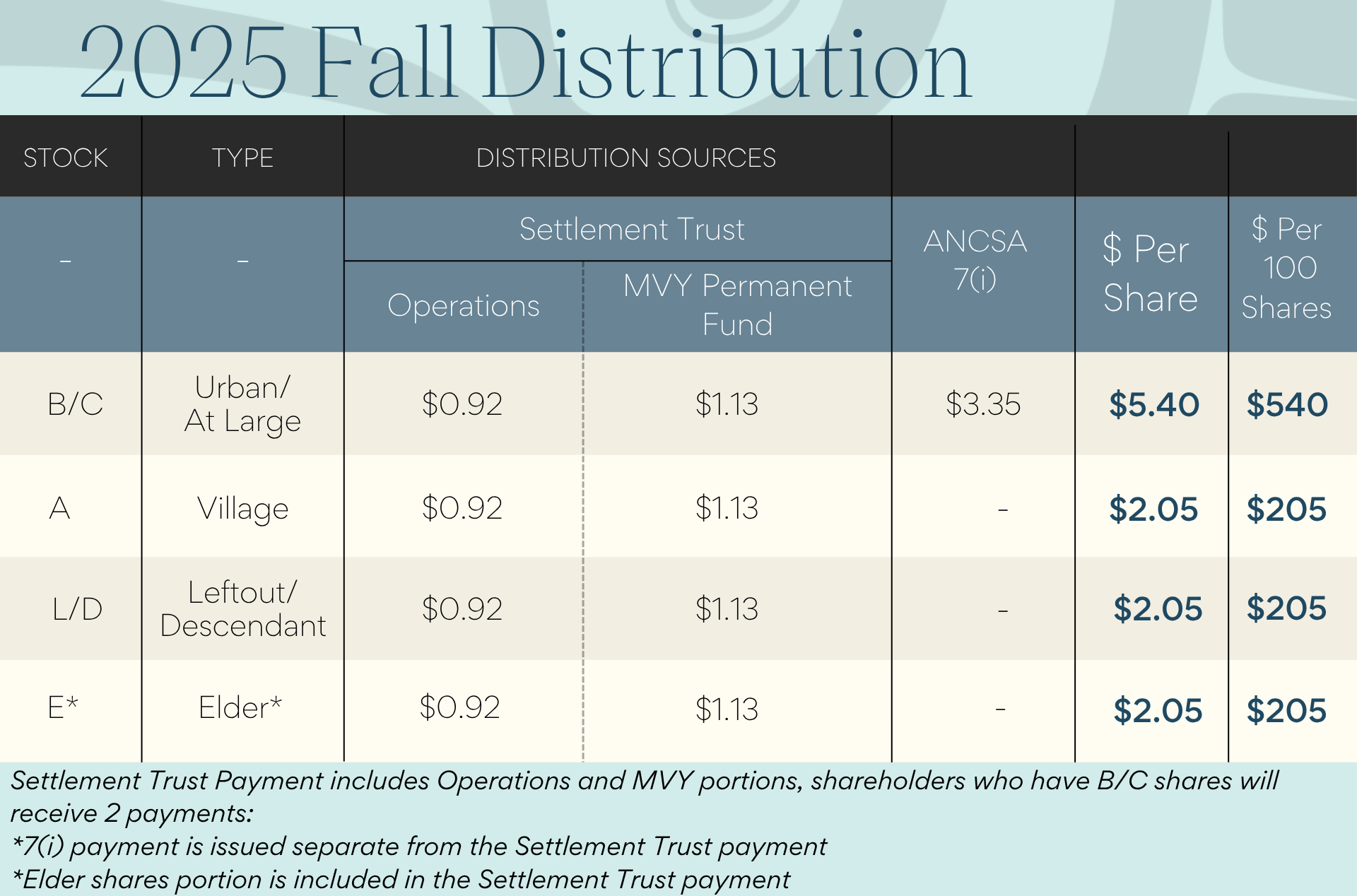Your Stories About Blood Quantum: Subsistence Hunting and the Marine Mammal Protection Act
Wednesday, October 20, 2021
 In early September, Sealaska asked shareholders to tell us how blood quantum impacts their lives. So far more than 600 people have responded. We are sharing a selection of quotes and perspectives in social media and on our website to help advance the discussion around blood quantum, and to better understand how it impacts shareholders and descendants. Sealaska is exploring the possibility of changing the eligibility requirements associated with enrolling for Class D (Descendant) stock, which currently include ¼ Native blood quantum.
In early September, Sealaska asked shareholders to tell us how blood quantum impacts their lives. So far more than 600 people have responded. We are sharing a selection of quotes and perspectives in social media and on our website to help advance the discussion around blood quantum, and to better understand how it impacts shareholders and descendants. Sealaska is exploring the possibility of changing the eligibility requirements associated with enrolling for Class D (Descendant) stock, which currently include ¼ Native blood quantum.
If you would like to share your views, click here.
“I am an Alaska Native educator, father, and subsistence hunter here in our State of Alaska. My family was encouraged that those of us considered left outs were able to secure descendant shares. Thank you. However, unless my father gifts his shares to his grandchildren, my children will not be Sealaska shareholders of any kind. I support any considerations to including 1/8th Native as shareholders.
“There are other areas regarding blood quantum that affect my family. I am very grateful to be able to enjoy the same hunting rights that were available to those who came before me. An issue that weighs heavy on myself and my family are the blood quantum requirements found within the Marine Mammal Protection Act, which limit my family’s access to cultural activities and our Native traditions. As it stands, as defined within the MMPA, my children are not ‘Native enough’ to participate in our traditional activities. According to an ADN article on the topic, there are over 20,000 1/8th Alaska Natives who do not ‘qualify’ to participate in their traditional activities.
“My grandmother was interned at Funter Bay at 8 years old, taken by the U.S. government and placed in an internment camp 1300 miles away from her home village. If either of my sons were alive in 1942 when the internment happened, they would have been ‘Native enough’ to be loaded onto a boat from St. Paul Island and shipped away, just like my grandmother was. For reference, the U.S. government took anyone who was 1/8th Native or more. I am trying really hard to not let the federal government define for my children whether they are ‘Native’ enough to consider themselves Native, but as it is, they cannot legally participate in any of the subsistence activities their father and grandfather do. Admittedly, I contemplate if my kids are exactly what the federal government wanted by creating blood quantum restrictions in the first place; that my kids, to put it bluntly, are two less Natives that the government has to worry about. There are really only two options; One option for my family is to follow federal law and lose the knowledge of how to subsist as our ancestors did. The other is to commit a felony. It is a losing proposition as their father to have to choose from these.
“My two sons are now at the age that they are learning and wanting to participate in our cultural activities. Until the federal government does not define what Native is for us, my own Native children, by law, will be looked upon as criminals for participating in any cultural activity regarding subsistence hunting and making art work out of sea mammals, a skill I have worked hard to master. They are skills that I have learned and will pass onto my children. The real question is, at what cost?
“I was encouraged to see the resolution at AFN a couple years ago regarding who can hunt sea otters. However, I feel that by only including sea otters, it does not go far enough. How do we go about fighting the discrimination of 20,000 Natives and my children as defined by the federal government within the MMPA when it will literally take an act of Congress to change it? More importantly for myself, the real question is what is really at risk if the federal government continues to be the ones who define what ‘amount’ of Native is enough?
Thank you for asking the question.”
Latest News
Notice of Sealaska's 53rd Annual Meeting of Shareholders
Pinned - Posted 2/12/2026The 2026 Sealaska Annual Meeting of Shareholders will be held on Saturday, June 27, in Angoon, Alaska. This year’s meeting will take place at the Angoon Elementary Gym, located at 500 Big Dog Salmon Road, Angoon, AK 99820.
Sealaska Welcomes Madeline Soboleff Levy
Posted 2/7/2026Sealaska welcomes Madeline Soboleff Levy as our new Vice President of Policy and Corporate Affairs.
Online Notary Service for Stock Wills
Posted 1/28/2026Sealaska is pleased to welcome Heather Shá xat k’ei Gurko
Posted 12/17/2025Sealaska is pleased to welcome Heather Shá xat k’ei Gurko as our new Director of Shareholder Communications.














